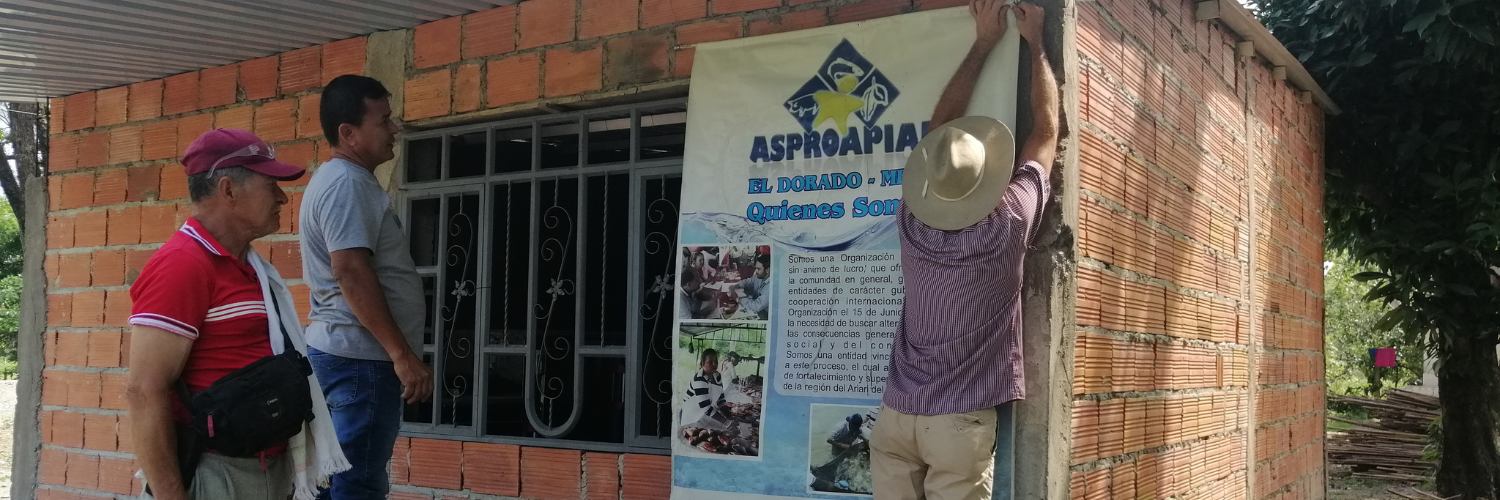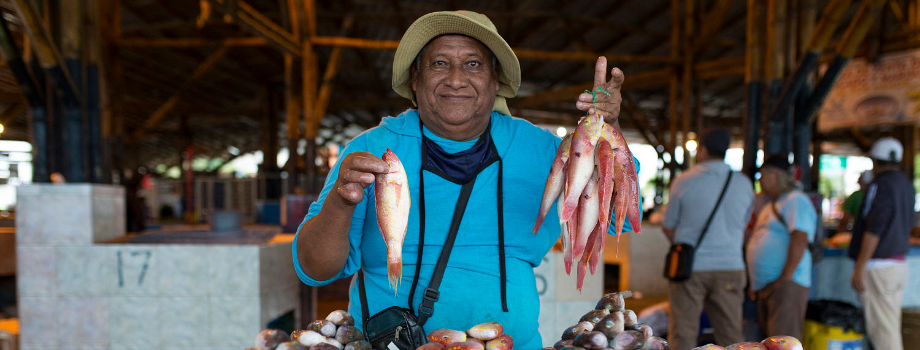The Social Protection for Fisheries and Aquaculture project (SocPro4Fish) advocates for the urgent need to turn short-term responses to the COVID-19 crisis into long-term strategies to recover from shocks now and in a sustainable and equitable way, so that vulnerable communities and countries do not have to be rescued later, when shocks are compounded. As a result, it seeks to integrate climate action into COVID-19 response, especially through supporting access to social protection and economic inclusion, targeting the specific needs of the most vulnerable and at risk men and women. The latter allows planning for an inclusive and sustainable recovery while strengthening the resilience of rural households through effective and responsive gender-sensitive social protection systems.
In the field
Highlights

Technical Workshop on International Standards for Decent Work in Fisheries
26/09/2024
For one day and a half, experts from government authorities, FAO, the International Labour Organization (ILO), regional intergovernmental organizations,...

SocPro4Fish: Advancing Social Protection in the Fisheries Sector
12/09/2024
This event provided a platform to reflect on the achievements, challenges and lessons learned of the SocPro4Fish project and explored future directions...

New Video: SocPro4Fish: Expanding Social Protection for Small-Scale Fisheries
08/07/2024
Small-scale fisheries are essential for global livelihoods but face challenges such as poverty, overfishing, and climate change. Social protection helps...

COFI Speaker’s Corner: Social Protection for Small-Scale Fisheries: Protecting People, Fish, and Food
05/07/2024
On Friday 12 July, FAO and the World Bank, in collaboration with the Governments of Brazil and Kenya, organized a session at the FAO Headquarters in...
Key publications
.tmb-th600x450.jpg?Culture=en&sfvrsn=b945a259_1)
Socioeconomic impact evaluation of unemployment insurance for small-scale fishers in Brazil (Seguro-Defeso)
09/02/2023
For the first time since the benefit was introduced 30 years ago, a study conducted by the Food and Agriculture Organization of the United Nations (FAO), in partnership with the International Policy Centre for Inclusive Growth (IPC-IG), evaluated the socioeconomic impacts of this social protection programme on small-scale fishers and their families.

Strengthening coherence between social protection and fisheries policies. Diagnostic tool.
05/10/2022
This FAO Fisheries and Aquaculture Technical Paper is aimed primarily at policymakers, development partners, civil society organizations and practitioners managing the design and implementation of fisheries policies and social protection interventions and providing technical and/or financial support to both sectors.
Project information
- Project Code: GCP/GLO/352/NOR
- Dates: 2021 to 2024
- Geographical area: Global products with implementation in Colombia, Paraguay and Tunisia



